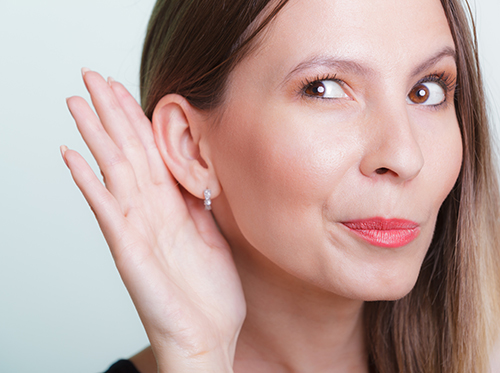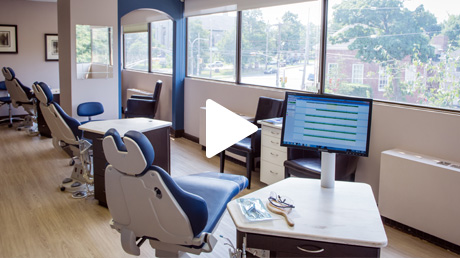Which type of mouthwash is best?
July 21st, 2021

Taking care of your oral health involves a daily regimen of brushing, flossing, and rinsing to prevent tooth decay and bacterial infections. Though you may have asked us which toothbrush to use, few patients at Metro Orthodontic Specialists ask about mouthwash.
However, different mouthwashes you might choose will have varying effects on your oral health. So which type is best for you?
Gum Health
Antiseptic mouthwashes are designed to reduce the majority of bacteria on and near the gum line. Using an antiseptic mouthwash can help decrease your chances of developing gingivitis. If possible, look for a mouthwash with antibacterial or antimicrobial ingredients.
Fluoride
Fluoride is beneficial for oral health and can help prevent tooth decay. If you drink a lot of bottled water without fluoride, we may recommend that you purchase a rinse with fluoride in it.
Bad Breath
Although mouthwash is designed to prevent bacterial build-up within the mouth, many people use it to combat bad breath. Most mouthwashes will help eliminate the bacteria that cause bad breath, and some are specifically designed to do so.
However, if bad breath is a chronic problem that requires daily treatment with a mouth rinse, contact Metro Orthodontic Specialists to discuss your symptoms.
Canadian Dental Association Recognition
The CDA reviews mouth rinses for safety and effectiveness. A mouthwash with the CDA Seal of Recognition will meet strict criteria, and will have scientific evidence or clinical studies that support the claims of the manufacturer. If possible, select a mouthwash that bears the CDA Seal of Recognition to ensure you are using a quality rinse.
Considerations
If you are unsure as to which mouthwash is right for you, contact our Halifax office or ask Dr. Paul Bourque, Dr. Kathy Russell, Dr. Brien Stackhouse, and Dr. Magda Barnard during your next visit. Also, be sure to keep mouthwash out of the reach of children, as it contains alcohol and other substances that could be harmful to them. Avoid letting children under age six use a mouth rinse, and discontinue use if you experience a burning sensation in the soft tissues of your mouth.












